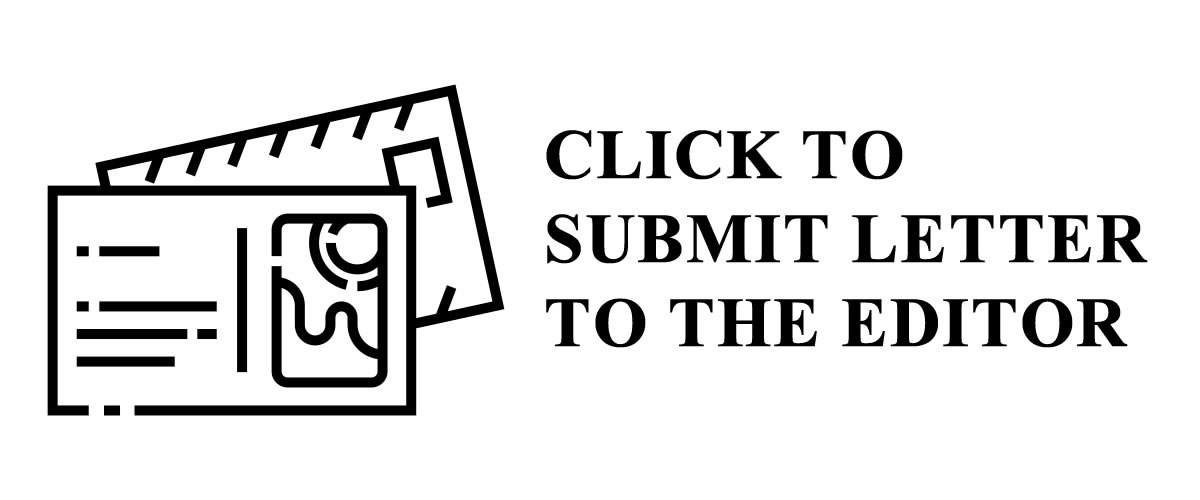
I wish to express my agreement with the Member of Parliament who recently condemned interference by Cabinet in the business of the House. His remarks could not have come at a better time, as they touch on one of the cornerstones of democracy – the separation of powers.
When Cabinet involves itself in the internal proceedings of Parliament, it disturbs the delicate balance designed to ensure effective oversight, transparency and fairness in governance.
Parliament exists to hold Cabinet to account, not to act as an extension of it. Any intrusion into parliamentary processes compromises this oversight role and weakens the credibility of both institutions.
Once the independence of the legislative arm is diminished, the House loses its authority to question executive actions and to represent the people’s interests freely. Such interference makes debate hollow and renders checks on power ineffective.
In any democracy, separation of powers is not a theoretical idea but a safeguard against abuse. It ensures that laws are made through open debate, decisions are scrutinised, and those in authority remain answerable to citizens. The Constitution entrusts Parliament with the responsibility to question, review and influence policy direction without fear or favour.
Cabinet interference risks blurring these boundaries, thereby undermining the integrity of decision-making and weakening democratic governance.
Members of Parliament are elected by the people to be their voice in shaping policy and legislation. Their independence must, therefore, be protected at all times.
When Cabinet intervenes in parliamentary affairs, it sends a message that executive power can overrule the people’s representatives. Such a precedent is dangerous, as it breeds mistrust, discourages open debate and erodes public confidence in democratic institutions.
It is commendable that the MP stood up to speak against this practice, for silence would only entrench it further. The relationship between Cabinet and Parliament should be one of mutual respect, not dominance. Cabinet must focus on executing policy, while Parliament fulfils its oversight and legislative functions.
Only through this balance can government decisions serve the national interest and maintain legitimacy in the eyes of citizens.
Eswatini’s democracy will grow stronger only when each branch of government operates within its defined limits. Protecting parliamentary independence is essential to ensuring accountability, transparency and justice in public affairs. The MP’s statement deserves full support from all who value the rule of law and democratic governance.
So yes, government must understand its role and respect the independent functioning of MPs. If these lines are blurred, what is to become of our beautiful land? What is to become of our democracy? Rules of engagement must be respected at all costs and at all times.

I wish to express my agreement with the Member of Parliament who recently condemned interference by Cabinet in the business of the House. (Pic: File pic)
